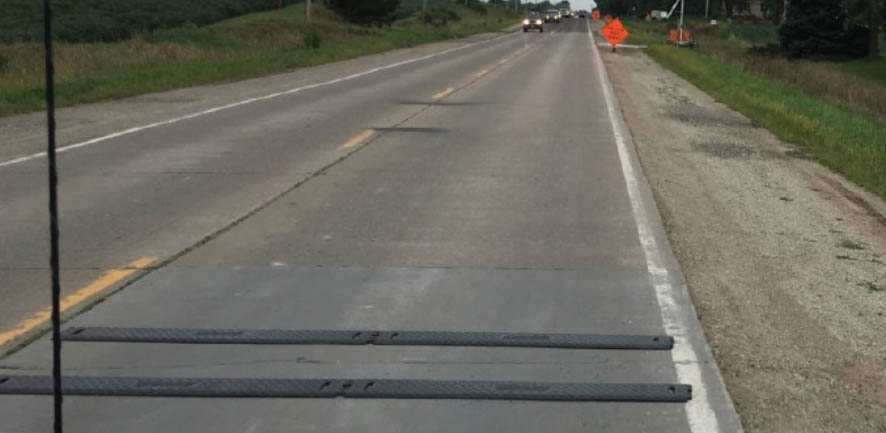
Researchers study effectiveness of rumble strips in work zones
Mizzou Engineers are helping state transportation officials investigate the effectiveness of temporary rumble strips in work zones.

Mizzou Engineer develops software tool to investigate root growth
A Mizzou Engineer has developed a software tool that could enable farmers to develop crop cultivars that are drought resistant, ensuring roots can reach falling water tables, adapt to warmer temperatures and be more resilient to environmental changes.

Research team releases ground-breaking findings around topology optimization of structures subjected to dynamic loads
A Mizzou Engineer was part of a research team that has released ground-breaking findings that could improve the longevity and durability of bridges, buildings and other structures.

Study explores ways to help emergency rooms better manage demand
A Mizzou Engineering team is proposing a model that could help emergency departments better manage unexpected demand.
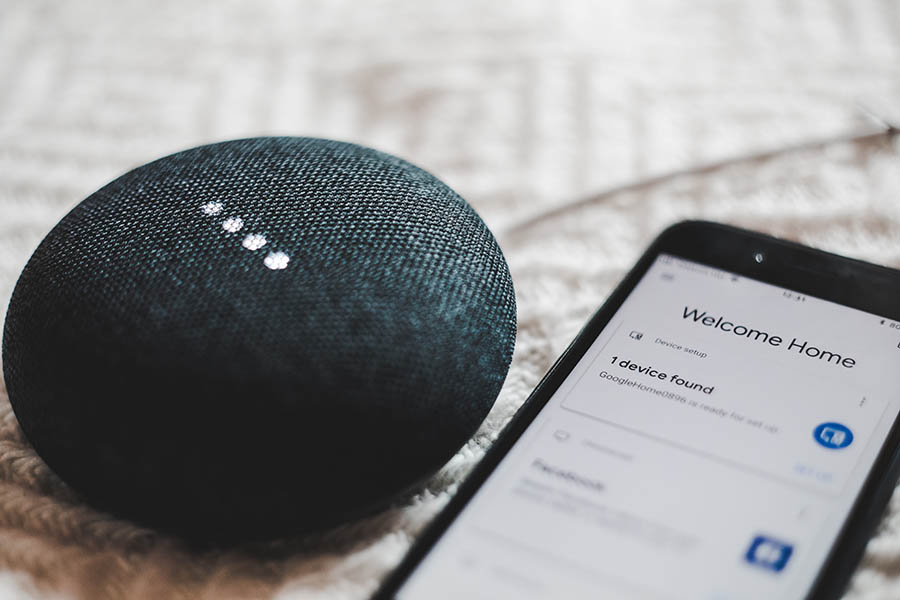
Designing ‘smart’ security for smart devices
A Mizzou Engineering is developing a flexible, add-on security feature that allows different types of smart devices to intelligently learn from past cyberattacks.

Mizzou Engineer provides expertise for paper in Ecology Law Quarterly
A Mizzou Engineer provided expertise on water management in a paper published in this month’s Ecology Law Quarterly.

Mizzou Engineer working to improve methods to detect geological, manmade underground features
A Mizzou Engineer is working with Marshall University in West Virginia to improve methods to identify geological and manmade features dozens of feet below the surface.
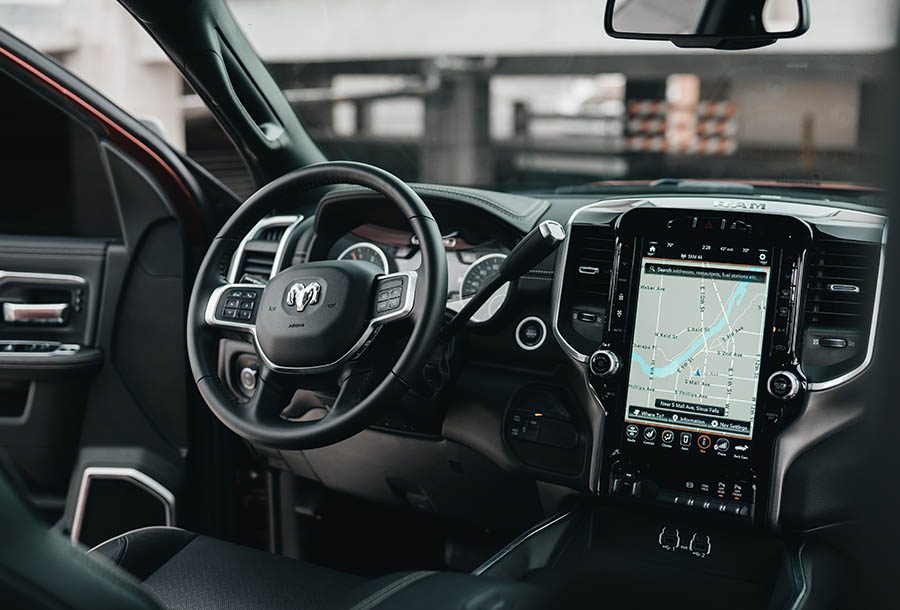
Mizzou Engineer studies perceptions of autonomous transportation
Before the public will fully embrace autonomous mobility services, companies need to increase people’s trust in the technology, a research team has found.
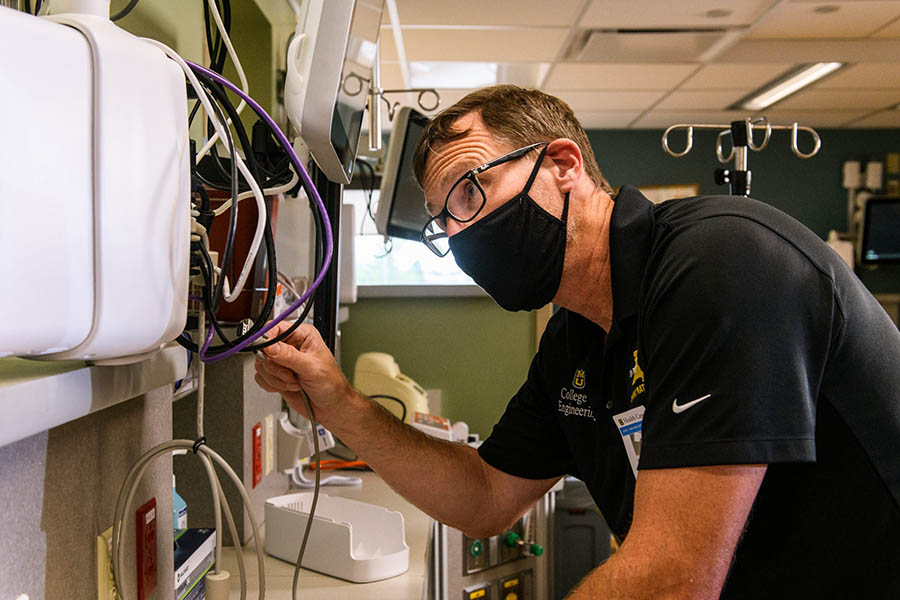
Clinical trial testing automatic oxygen control device for premature infants
Eric Stann / MU News Bureau The consequences are dire for the health of a premature baby — too much oxygen can cause blindness, and too little oxygen can cause brain damage and other negative health effects. Some premature babies need the help of life-saving machines in a neonatal intensive care unit, or NICU, to…
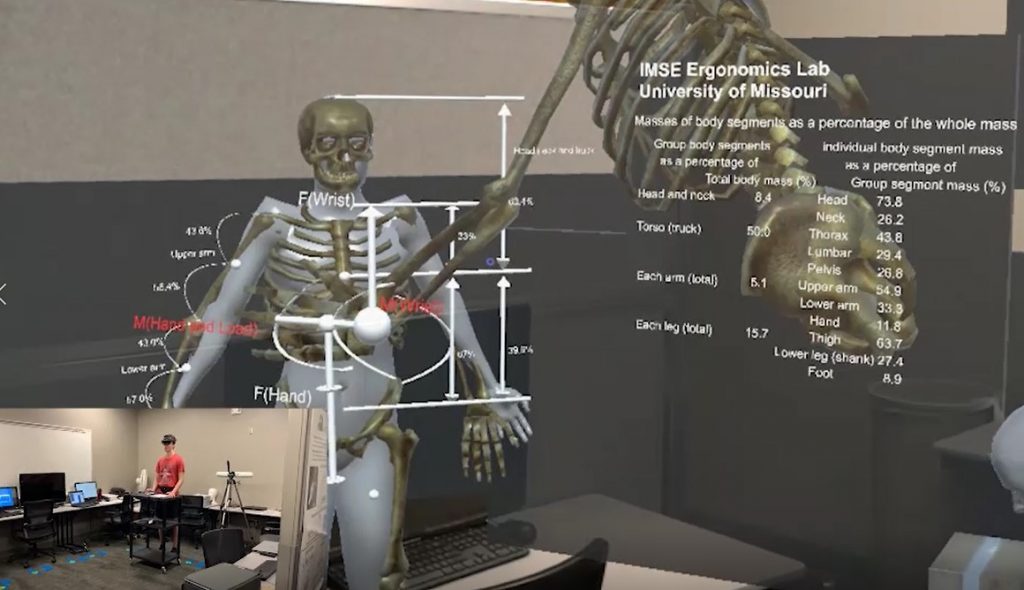
Augmented reality system uses GPS to improve user experience
Mizzou Engineers have developed a more advanced augmented reality system that uses indoor GPS tracking to better position objects with the user’s physical space.